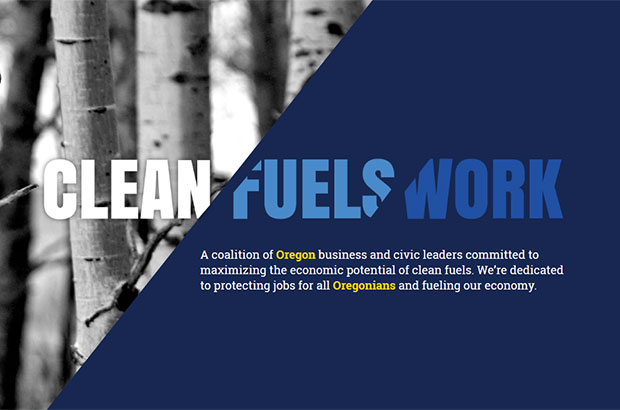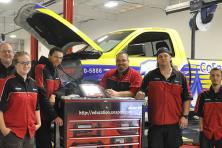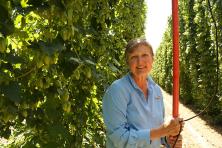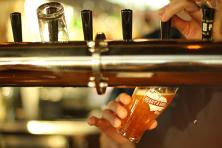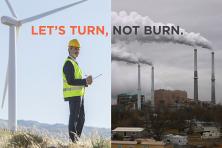Guest post from our partners at Clean Fuels Work
Editor's Note: Did you know that transportation fuel makes up nearly 40% of Oregon’s greenhouse gas pollutants? That’s the largest share of climate pollution in Oregon. We must take action and Oregon’s Clean Fuels Program is a great step forward. But oil companies are threatening the program’s very existence before it has a real chance to make a difference for Oregon businesses, consumers, and our communities.
Oregonians are ready for clean fuel alternatives. Just ask Shanna, mother of three, who has cut her transportation bill by a third since switching from gasoline to natural gas and excitedly shared, “That’s the equivalent to the cost of a semester of textbooks!”
Or ask Mary Lynn from Aloha, who is ready for rural and urban parts of Oregon to grow jobs, new economic opportunities and more choice at the pump through clean fuels.
It was clear when Toby Halter, from Daimler Trucks, spoke about supporting domestic jobs and homegrown alternative fuel production to break our country’s dependence on foreign oil. And with Carrie Nyssen from the American Lung Association, who supports clean fuels in order to clean our air and support healthy, prosperous communities.
Are you ready? Join Climate Solutions in endorsing Oregon's Clean Fuels Program.
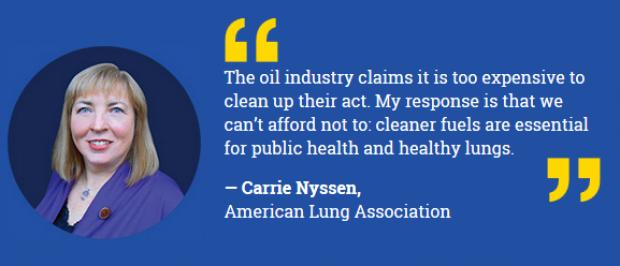
Different people have different responses for the number one reason they support clean fuels in Oregon. But whatever your reason – be it more affordable fuel costs, support for domestic fuel jobs and development, or the desire to move towards cleaner, healthier fuel options – the Oregon Clean Fuels Program is the way to get us there.
But before our program is firmly established, it already faces threats to end it. Oregon’s Clean Fuels Program has a 2015 sunset, which could halt the program in its tracks. Oil companies are trying to create confusion and uncertainty around the Clean Fuels Program in an attempt to kill it – and we need to tell the Oregon Legislature not to listen.
Businesses, organizations and people like you are gearing up for 2015, calling on the Oregon legislature re-authorize the Clean Fuels Program and move Oregon forward.
How does Oregon’s Clean Fuels Program Work?
Oregon’s Clean Fuels Program requires oil companies to gradually reduce carbon pollution from their gasoline and diesel fuel by 10% over ten years, starting in 2015. They can do this by blending with cleaner biofuels or by purchasing credits that support electric vehicles, natural gas, propane, and other clean fuel technology and infrastructure. The program does not regulate the public, gas stations, or small Oregon businesses. Oregonians will have more access to a variety of fuels as a result of the Clean Fuels Program, creating a more diverse, affordable, healthy, and stable fuel mix.
Who supports it?
More than 100 businesses, organizations, and civic leaders have joined together to support Oregon’s Clean Fuels Program.
The best step our state can take right now is to reauthorize Oregon’s Clean Fuels Program. Without it, Oregon clean fuel companies can’t make necessary investments and will lose a consistent regulatory environment. That means Oregonians lose out on alternative fuel access and choice for cleaner, healthier communities.
Join with the Clean Fuels Work to show that you support Oregon’s Clean Fuels Program for our economy, fuel choice, our health, and our environment:
Get involved: www.cleanfuelswork.com
Join the fan club: www.facebook.com/CleanFuelsWork
